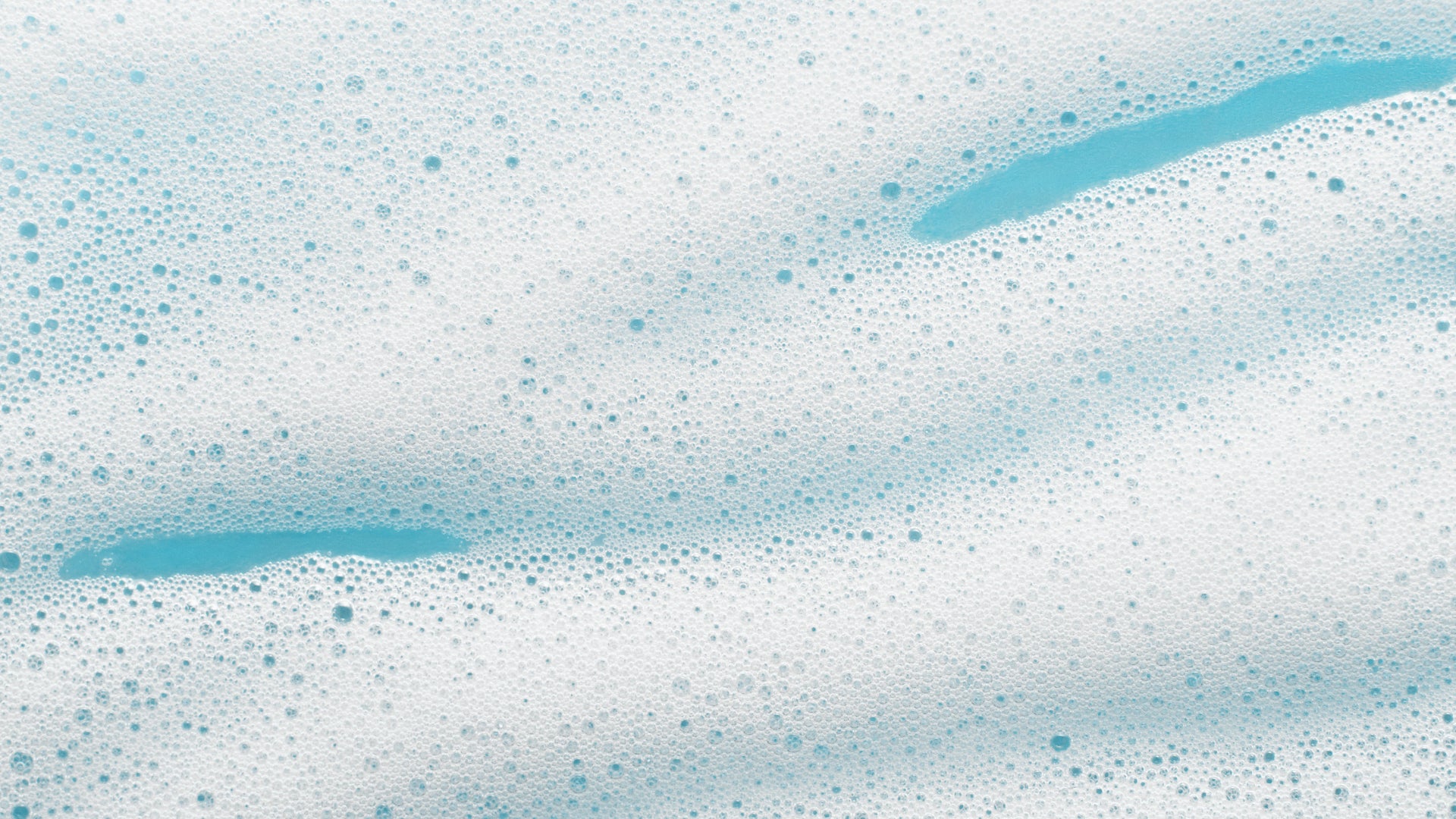
Your Essential, Back-To-Basics Skincare Guide
Put aside your serums, essences, oils and elixirs for a hot minute because it’s time to focus on the basics. Why? Because they might be basic but they’re actually the most important part of a kick-ass skincare routine…
The basics of a good skincare routine are simple: your skin needs to be cleansed regularly, moisturized effectively and always protected from the damaging rays of the sun. End of. Yes, eye treatments are awesome for targeted puffiness, crow’s feet, dark circles and everything else that causes you grief in the area around your eyes. And sure, antioxidant serums are the bomb for all number of issues like dryness, dullness, wrinkles and dark spots. But if you’re not down with a fabulous cleansing, moisturizing and sun protecting routine, you can forget the rest.
Feel like you’re overlooking what are undoubtedly the most important elements of your skincare regime? Then it’s probably time to get back to basics. Here’s how…
How To Nail The Basic Steps Of A Top Quality Skincare Routine
The first thing to remember with any regime is that no matter your skin type, condition, concerns or budget, your skin is super fragile and needs to be treated with the utmost of respect. This means avoiding tons of parabens, sulfates, phthalates and the like, while simultaneously taking it easy when it comes to potent, active ingredients like retinol and vitamin C. Sure, active ingredients are awesome for your skin – but only in small doses and only if they don’t cause your skin to freak out. Try to remember that.
Now, let’s get down to the specifics of a classic but effective cleansing, moisturizing and sun protecting routine.
1. Cleansing
People often dismiss cleansing as being unimportant, believing you can just wash your face with soap for a few seconds and job done. Not so. We believe cleansing is one of the most essential parts of your routine. Not only does it remove all the impurities from the surface of your skin including excess oils, dead skin cells, sweat, dirt, makeup and pollution, but creating a clean canvas helps set the rest of your routine up to succeed. If you leave all that grime sitting on your skin it will build up, block your pores and cause irritation, breakouts and premature aging. It will also create a barrier which the rest of your products will find almost impossible to penetrate. And what’s the point in investing in fantastic serums and moisturizers if they can’t do their jobs properly? No point. No point at all.
To nail your cleansing routine, do it every morning and every night (nope, facial wipes don’t count) and choose kind formulations that aren’t chock full of stripping alcohols or nasty sulfates like SLS and SLES. Gentle balancing cleansers are great for oily skin but avoid anything that’s too drying as this will overstimulate your sebaceous glands and exacerbate oiliness. Our amazing Charcoal face wash is a sweet choice for oily, combination or acne-prone skin. For the rest of you, try our awesome Vitamin C Brightening Cleanser.
One of our biggest pieces of advice for pro-style cleansing is not to rush. If you spend just a couple of minutes gently massaging your skin as you cleanse you will instantly boost blood flow and lymphatic drainage which brings oxygen to the skin and helps take toxins away. You don’t need to get too handsy, either, just be gentle and use the pads of your fingers to work your cleanser in circular motions all over.
After you’ve massaged your face and neck for two minutes, rinse well – using lukewarm (never hot) water – then pat your skin dry with a fresh, clean towel. Hot water is a major no-no as it strips your skin. And using dirty communal towels the whole family dries their hands with? Not cool for your beautifully cleansed face.
2. Moisturizing
Moisturizing your skin has to be one of the best parts of your routine. Are we right or are we right? There’s just something about smoothing cream or lotion on your skin that feels so darn good. Moisturizing is also vital for taking care of your skin’s barrier function and keeping your skin soft, supple and healthy. So, there’s that.
The best time to moisturize, if you’re not toning or applying treatment serums, is straight after cleansing while your skin is still slightly damp. This helps lock moisture into your skin for extra hydration. Neat huh? Make sure your hands are super clean – they should be because you’ve just cleansed – then apply a quarter-sized amount over your face and neck, using the palms of your hands to smooth it all over. Put your hands in a prayer position, either side of your nose, then press your hands flat onto your skin and work them up and out towards your hairline. Repeat this two or three times, then repeat over your forehead, finishing at your jawline and finally your neck. This should help you create an even layer all over.
If your skin still feels tight, dry or dehydrated, don’t go ahead and pile on more moisturizer. Instead, your skin is trying to tell you that you either need a heavier formulation or that you might benefit from a treatment serum before you moisturize. The same principle applies if your moisturizer feels too rich or heavy. Don’t scrimp on how much you apply, simply switch it up with a lighter gel or lotion formulation. Vitamin C Brightening Moisturizer and Vitamin C Deep Hydration Night Cream have both been formulated to suit most skin types, but still, it’s all about listening to your skin, people.
3. Protecting Your Skin From The Sun
The last step in any skincare routine, whether you stick with the basics or go full-on K Beauty on us, is to apply sunscreen. The fact is simple: the sun is the number one cause of skin aging. According to the Skin Cancer Foundation people who apply sunscreen with an SPF of 15 or more every day show 24 percent less skin aging than those who don’t. Now, we don’t know about you, but we’ll take 24 percent less aging in a heartbeat, thanks very much.
Our advice when it comes to applying sunscreen is simple. Smooth it generously over any area of your skin that's not covered by clothing, and apply it every day of the year. Cloudy days? Yes. Snowy days? Even more so. UV radiation is present all year round. End of discussion.
Around half a teaspoon is an ideal amount to generously cover your face and neck, according to the American Academy of Dermatology (AAD). And if you’re spending all day outside? Then you'll need to reapply it every two hours and immediately after swimming or sweating. Also, when it comes to specific ingredients, the FDA recognizes just two safe and effective ones for protecting your skin against damaging UV radiation: zinc oxide and titanium dioxide. Make sure any formulation you choose contains one or both of these.
Simple? Yes. Effective? 100 percent.






